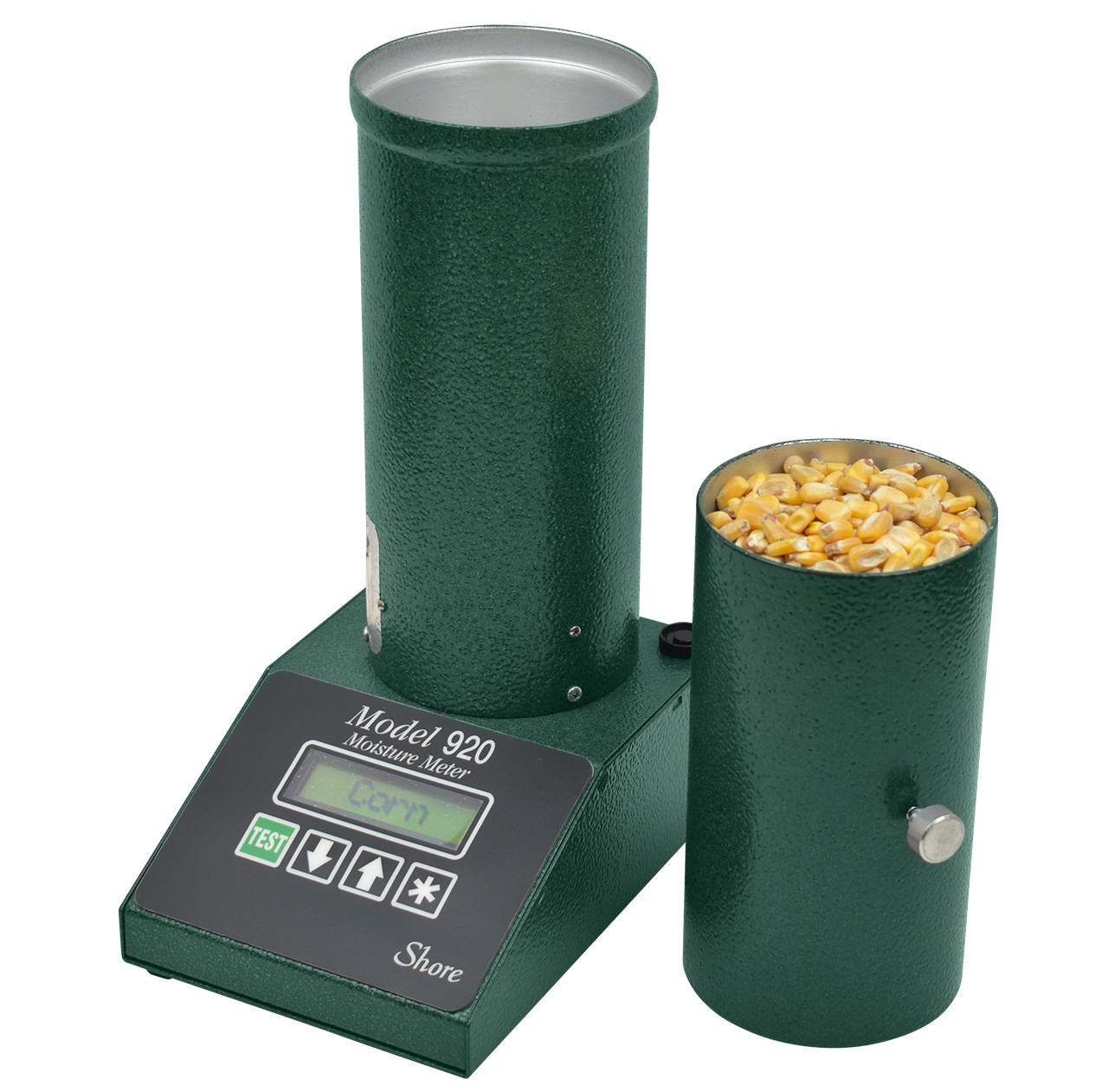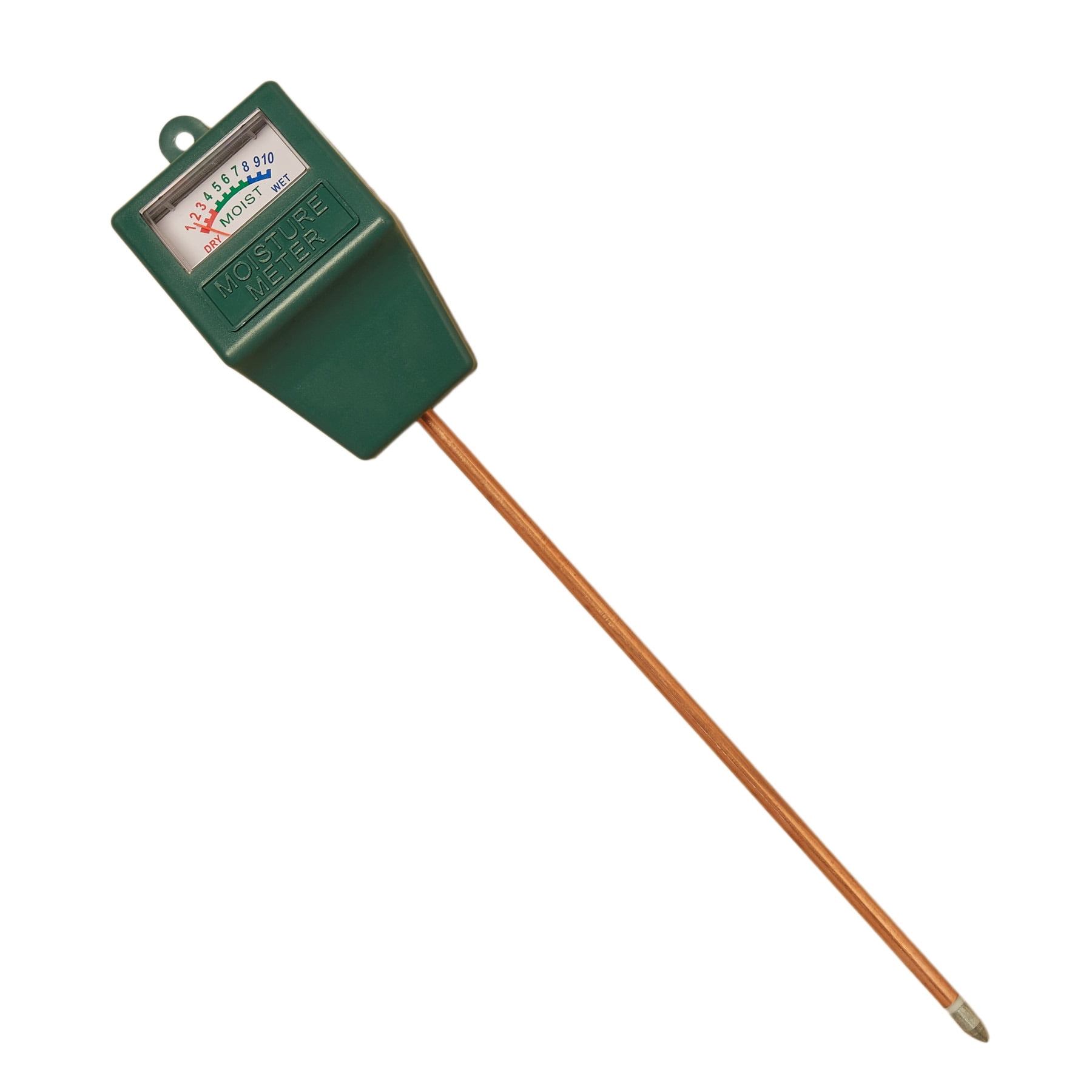Moisture Meter Reviews: Comparing the most effective Models for Expert and Do It Yourself Use
Moisture Meter Reviews: Comparing the most effective Models for Expert and Do It Yourself Use
Blog Article
The Ultimate Overview to Wetness Meters: A Comprehensive Summary and How They Can Conserve You Money
Wetness meters offer as important devices in discovering and checking moisture material in materials, helping in avoiding costly problems and making sure the quality of products. Understanding the subtleties of different kinds of moisture meters, their applications, and the potential cost-saving advantages they use can be a game-changer for experts and services alike.
Types of Dampness Meters
Numerous sorts of dampness meters are readily available for different applications in various markets. One usual kind is the pin-type moisture meter, which measures the electrical resistance in between 2 pins inserted into a product. This type is ideal for wood, drywall, and other building materials. Pinless moisture meters, on the other hand, use electromagnetic sensor plates to scan a larger location without causing damage to the product's surface. Moisture Meter. These meters are excellent for quickly examining moisture levels in big areas such as floorings and wall surfaces.

In addition, there are likewise specialty moisture meters developed for certain products like grain, dirt, or hay. These meters give accurate wetness analyses customized to the unique homes of the material being examined. Infrared wetness meters gauge the thermal residential or commercial properties of a material to establish its dampness material non-invasively, making them valuable for applications where pin or pinless meters might not appropriate. Understanding the different sorts of moisture meters readily available can assist markets choose one of the most ideal device for their details moisture dimension demands.

Advantages of Using Dampness Meters
Wetness meters use important advantages in properly evaluating and keeping track of wetness levels in varied materials and settings. One of the main advantages of using moisture meters is the avoidance of prospective damages triggered by excess wetness.
Furthermore, using wetness meters can cause increased energy performance. By determining locations with high wetness levels, such as leakages or bad insulation, modifications can be made to boost power preservation and minimize utility costs. In agricultural settings, wetness meters play a vital function in maximizing plant returns by enabling farmers to keep track of dirt dampness degrees and make informed irrigation decisions. Generally, the benefits of making use of wetness meters cover throughout numerous sectors, giving economical remedies and advertising far better quality control practices.
Exactly How to Choose the Right Wetness Meter
When picking a wetness meter, it's vital to ensure that the meter is suitable for the specific product you will certainly be testing. Various materials have differing electrical properties that can impact moisture analyses, so picking a meter designed Home Page for your material is vital for precise outcomes. By thoroughly examining these variables, you can select a wetness meter that satisfies your demands and supplies accurate moisture dimensions for your projects.
Correct Methods for Moisture Meter Usage

Price Financial Savings With Dampness Meter Applications
Just how can the strategic usage of wetness meters lead to significant cost savings throughout numerous industries? In the farming sector, dampness meters aid in determining the ideal time for gathering plants, avoiding over-drying or excess dampness that can impact the final product's high quality.
Similarly, in building, moisture meters aid avoid expensive problems by detecting wetness levels in building materials, such as wood or concrete, which can bring about architectural concerns if not attended to promptly. By identifying trouble locations early, contractors can take corrective actions to prevent comprehensive fixings or substitutes, inevitably saving time and money.
Additionally, in the food handling sector, moisture meters are crucial for monitoring product quality and making sure conformity with security policies. By precisely measuring wetness web content in food, manufacturers can prevent spoilage, keep quality, and lower waste, resulting in significant cost savings. On the whole, the tactical application of moisture meters is a beneficial investment that can result in significant cost decreases and improved effectiveness throughout different markets.
Conclusion
In conclusion, wetness meters are valuable devices for gauging and detecting dampness levels in various materials. site By utilizing the right wetness meter and following correct methods, individuals can efficiently prevent expensive damages created by excess dampness.
Wetness meters serve as vital tools in detecting and monitoring moisture web content in materials, assisting in protecting against expensive damages and making sure the top quality of products. Infrared wetness meters gauge the thermal residential or commercial properties of a product to determine its dampness material non-invasively, making them valuable for applications where pin or pinless meters may not be suitable.Dampness meters offer important benefits in precisely checking and assessing wetness levels in varied products and environments. In farming setups, moisture meters play an important duty in maximizing plant yields by allowing farmers to keep track of dirt wetness degrees and make notified watering choices.In final thought, moisture meters are useful tools for measuring and finding moisture levels in different materials.
Report this page